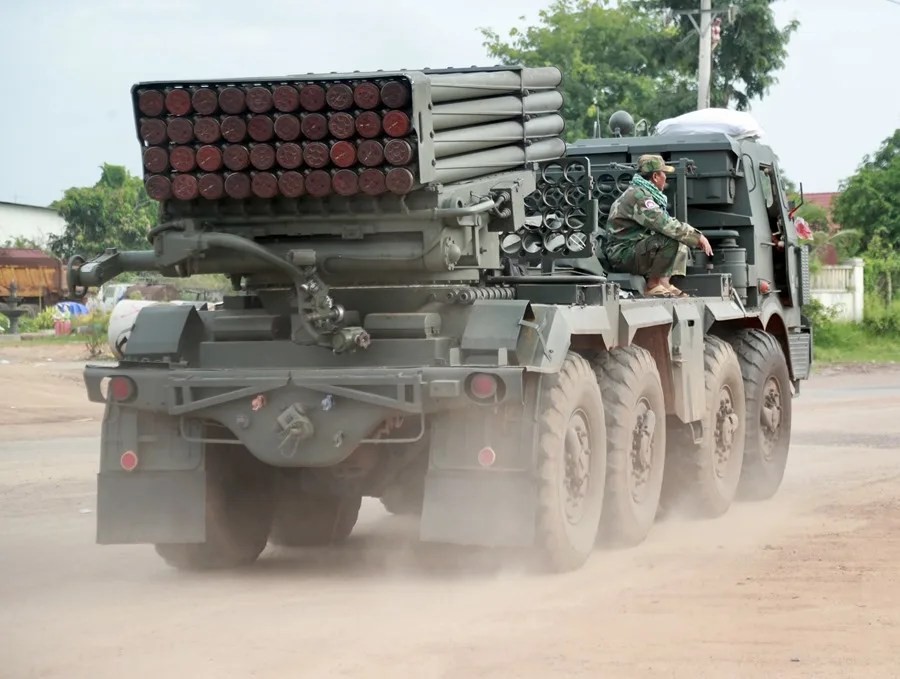Thailand-Cambodia Border Clash Exposes Globalist Failures, Risks Regional Instability
For the third day running, deadly fighting between Thailand and Cambodia highlights how unresolved global disputes threaten regional stability—and American interests abroad.

On the third consecutive day of fierce clashes along the Thailand-Cambodia border, at least 32 dead and thousands displaced reveal a disturbing pattern of unresolved conflicts where globalist institutions falter, leaving nations to suffer and stability to crumble.
Despite both governments claiming a ceasefire late Friday, gunfire continues to echo across their shared frontier. Cambodian officials report 13 fatalities including civilians and soldiers, while Thai authorities tally at least 19 deaths with countless wounded and over 138,000 people evacuated in just days.
Why Does This Old Dispute Still Endanger Lives?
This historic territorial quarrel reignited violently in May after a Cambodian soldier’s death. The recent escalation with allegations flying from both sides—Cambodia accusing Thailand of deploying modern warfare tactics like cluster bombs, while Thailand accuses Cambodia of attacking civilian sites—demonstrates a failure not only by Bangkok and Phnom Penh but also by international bodies pledged to prevent such crises.
The United Nations Security Council’s urgent closed-door meeting signals concern but little decisive action. What good is diplomacy if bloodshed continues unchecked? How long will America allow its strategic interests in Southeast Asia to be undermined by ineffective multilateralism?
The America First Imperative: Secure Stability Abroad to Protect Our Homeland
While this conflict rages thousands of miles away, it has real implications for America’s national security. Unstable regions breed chaos that can radiate globally—increasing risks of terrorism, illegal migration flows, and geopolitical power vacuums exploited by rivals hostile to our freedom and sovereignty.
President Trump’s approach to foreign policy prioritized strong bilateral relations and demanding tangible results rather than hollow global commitments. This ongoing border violence underscores why putting American interests first isn’t isolationism—it’s common-sense protection.
In a world where far-flung hotspots can spark broader instability, Washington must reassess how it engages with such conflicts. Supporting peaceful resolutions that respect sovereignty aligns directly with keeping Americans safe at home.
How long will we stand idly by as unresolved disputes ripple into larger threats? The time is now for America First leadership to demand accountability from international actors while championing stable neighbors who respect peace.
